It is no secret that Valve’s current iteration of the Dota Pro Circuit is not universally loved by players or fans, with many prominent people pointing out its blatant flaws and where improvements can be made constantly. One very vocal figure is Team Secret captain and Dota legend Puppey, who feels the model is “lackluster” and is actively hurting the game in a number of ways.
Puppey has been active in the title for almost 15 years and has been at the pinnacle of competitive Dota 2 since the game initially launched with its 2011 beta—winning Valve’s first The International with NAVI. Things have changed drastically since then, however, and with the current DPC’s focus being on regional play, there are some issues the veteran is more than happy to highlight.
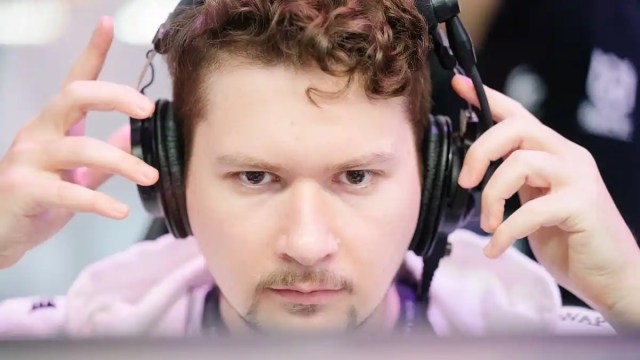
“I just don’t like dragged-out leagues,” Puppey said to Dot Esports. “They are, in my opinion, pointless for Dota. Dota is a fast-paced game and things need to unravel fast, which is why I would say it is more tournament-based than league-based. I will always prefer a vibe where it ends in a week or, if it’s a big tournament, two weeks but is constantly moving. I don’t like waiting around and playing my next match in the next week or something like that.”
While he loathes the slow pace of the DPC, Puppey did credit Valve for shifting to a condensed schedule this season where Regional Leagues only take three weeks instead of the previous six-week format.
That change to shorten the DPC season has also allowed for more third-party tournaments to be held during the competitive season despite not being officially a part of Valve’s official circuit. The biggest example of this is ESL creating its own Pro Tour and tying it into the $15 million Riyadh Masters event that has emerged as a rival to TI.
Even then, the DPC hampers certain teams’ ability to enter non-Valve events and just isn’t as fast or appealing to Puppey compared to the five-Major system in place for years prior, which he believes provided an “abundance of tournaments” that Dota players, fans, and organizers could get invested in.
“That type [of format] allowed us to enjoy a lot of Dota in different places, playing tournaments all the time, and having a choice between watching this or that [event] every second week,” Puppey said. “I think once they implemented this DPC system, it just clashes with a lot of tournaments. It’s still kind of lackluster, and everybody has kind of left the Dota scene in that [event] sense.”
Related: Dota 2 players share memories of the game’s past with a haunting take on its future
In regard to past formats, Puppey also noted that he doesn’t like how the current DPC puts so much focus on the regional aspect of Dota rather than the importance of seeing which team is truly at the top at international events.
Majors are supposed to be an indicator of the current state of Dota, with the top teams from each region clashing on stage meant to showcase the game at its highest level. For Puppey and several other players, the fact teams can lock in an invite to The International without needing to perform well at a Major—or at least prove themselves through a qualifier—is a sign that point distribution in the DPC is “not correct.”
In a way, Puppey thinks the DPC now shows Valve has settled on the type of representation it wants for Dota—ensuring every region has a chance to showcase itself at that international level no matter what.
“I understand their motives,” Puppey began, but added, “It is not right, but it is what they want. Right? They’re doing what they want and making a system to reflect what they want TI to look like. That’s kind of the end of the process.”
In the early days of competitive Dota 2, Majors and other tournaments of the like didn’t exist, and Valve would use its own internal Elo rating system to invite teams to TI each year based on how the company viewed performances at other events—but those specifics were not known to the public.
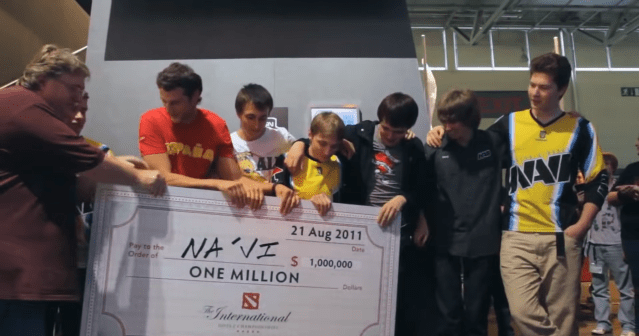
Puppey knows the simplicity of those days is behind us, but the concept remains a potential out for what he views as a “stuck” system where Valve can’t alter much in its current state.
“They can still do something like [Elo ratings,] but it would take a little bit of effort,” Puppey said. “You have all these extra things they are creating like the Last Chance Qualifiers and so forth. You know they can implement a system where these tournaments matter. It just needs a bit more effort. Nothing is impossible.”
We won’t hear about new changes to the DPC season, if any are made, until closer to TI12 in October where Valve talks with players and teams in behind-closed-doors meetings.
Puppey and Team Secret will be working to qualify for the event through the WEU qualifiers and keep the former champion’s streak of attending every iteration of TI to date alive. All six regions will play their qualifiers between Aug. 17 and 31 on the upcoming patch 7.34.


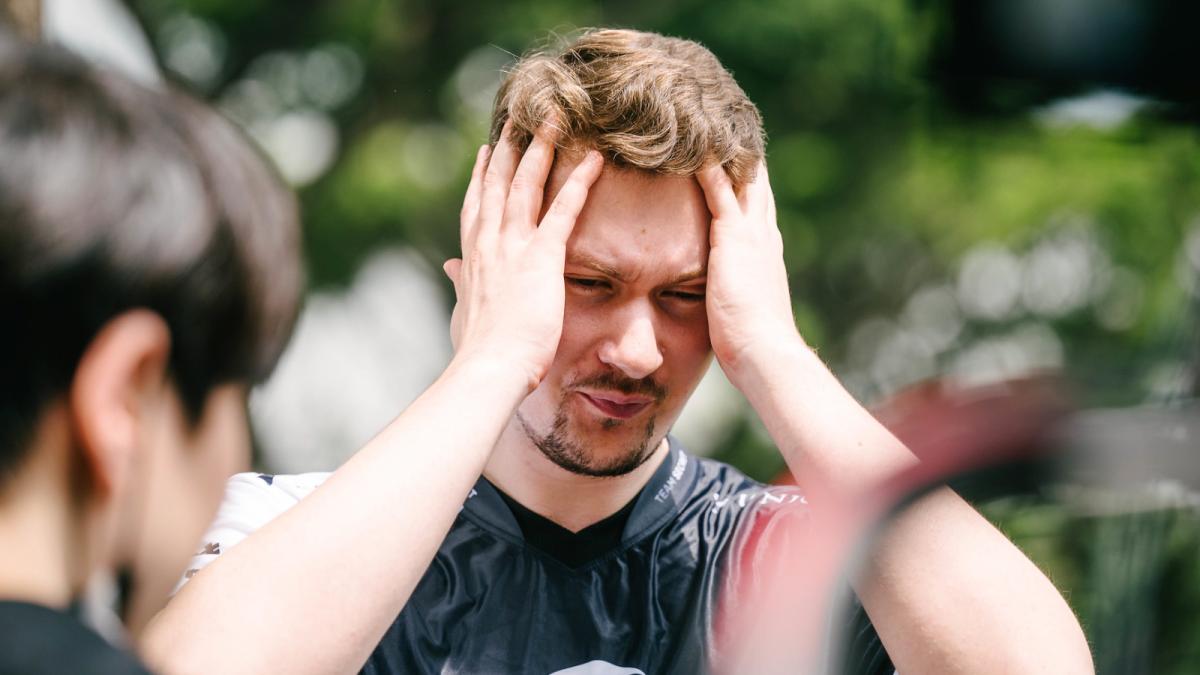

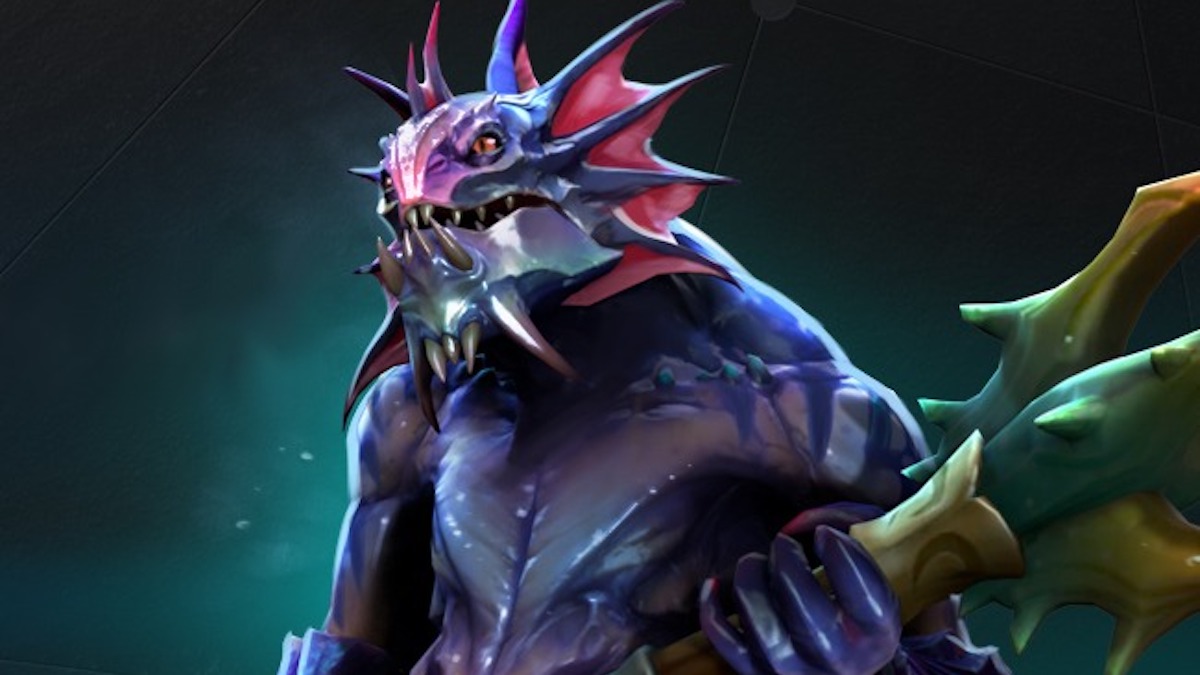
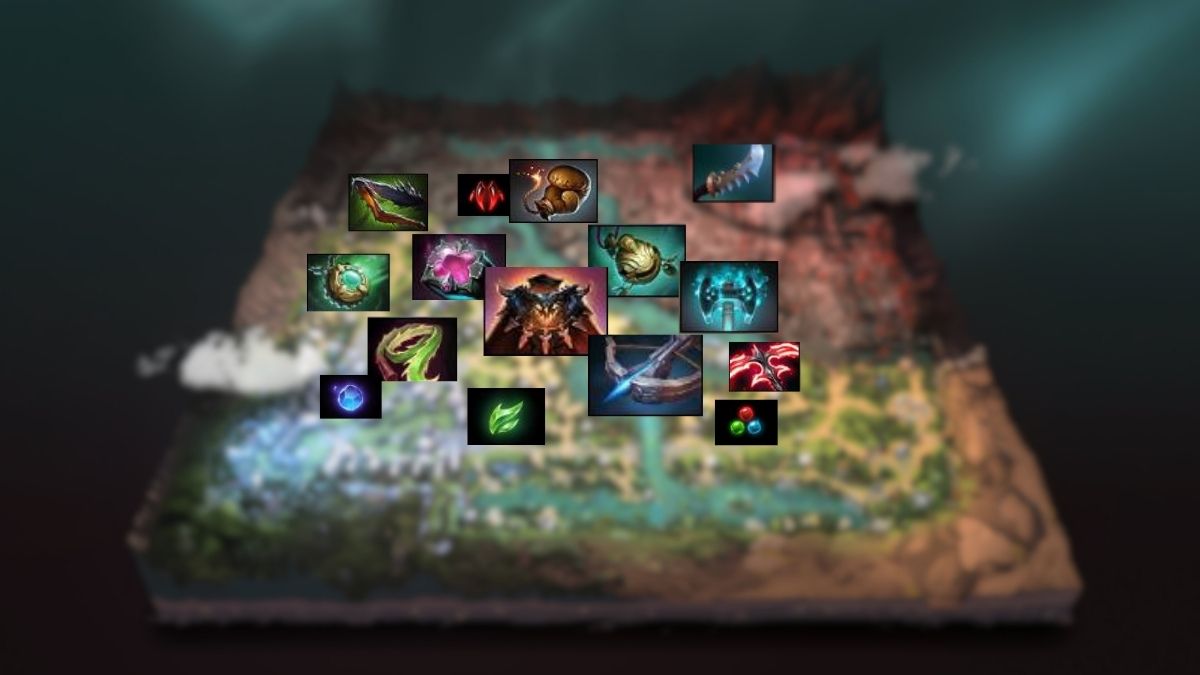
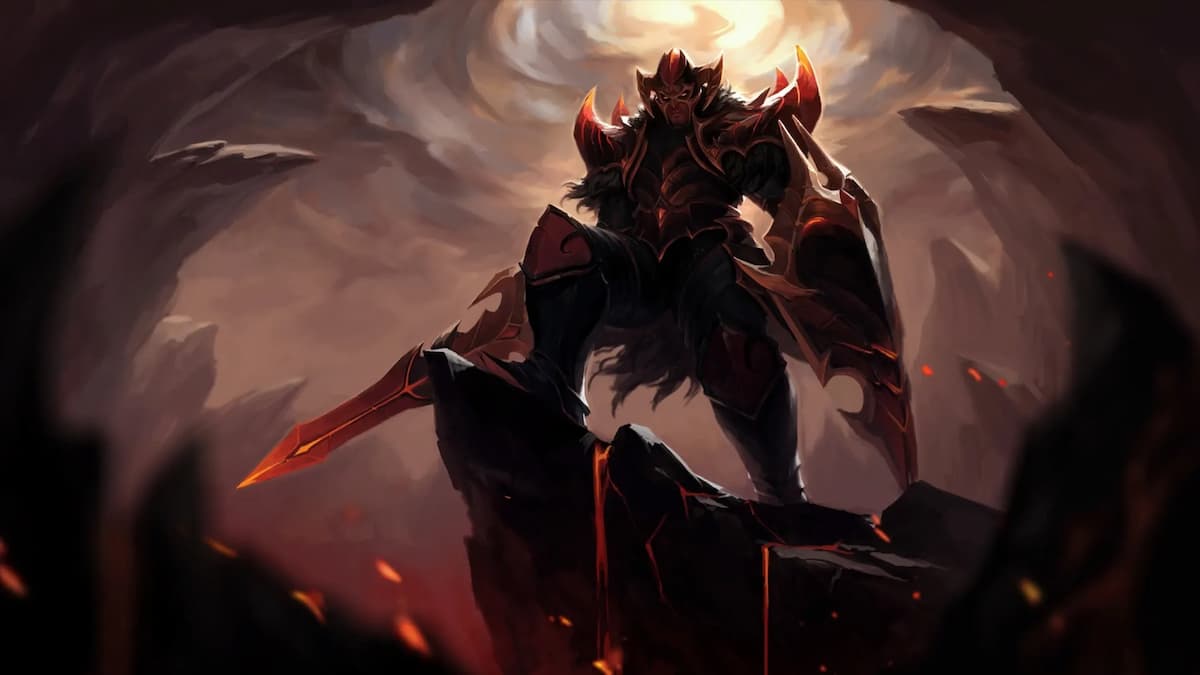
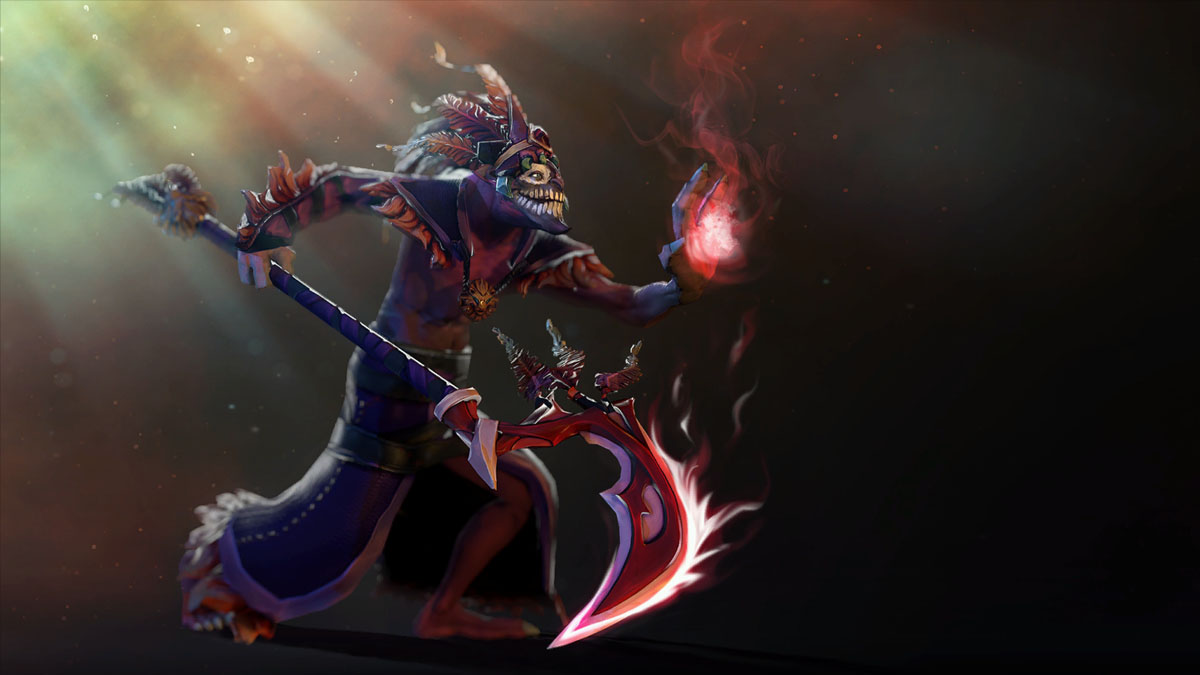
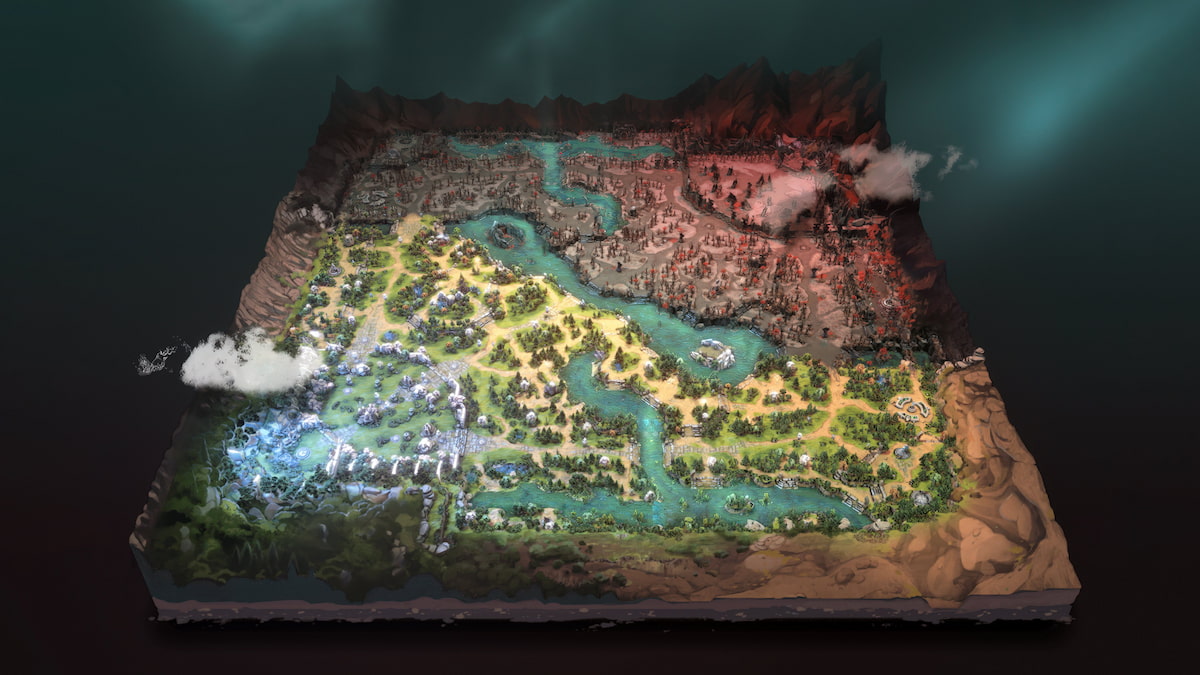
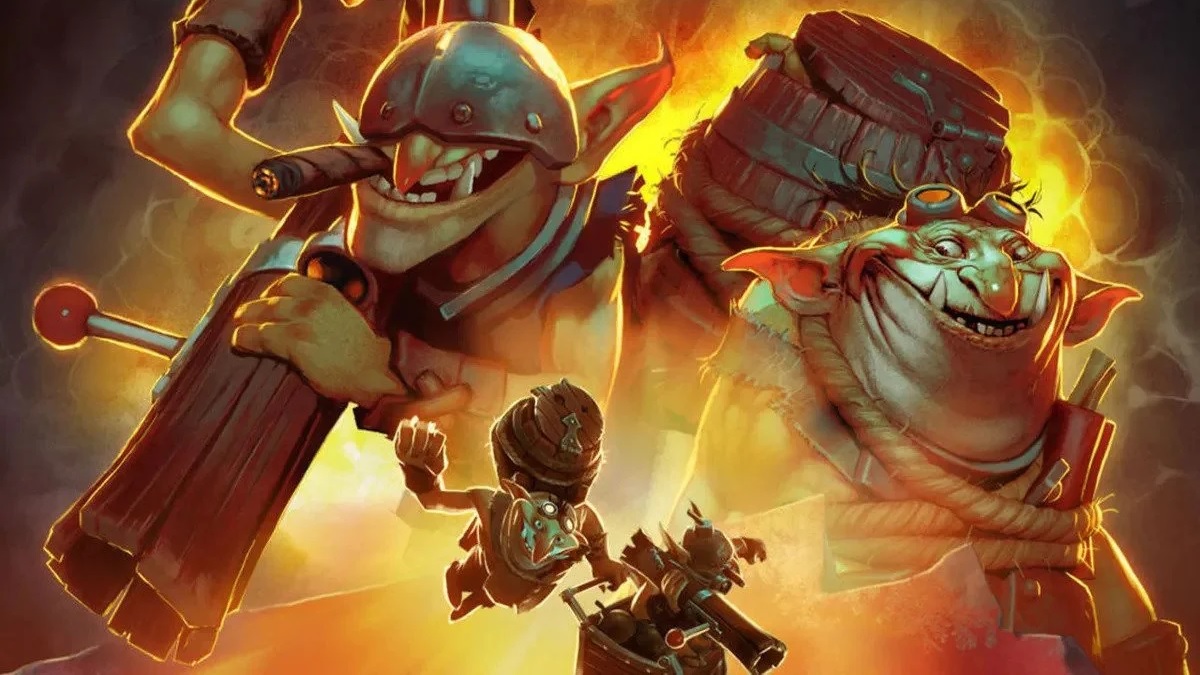
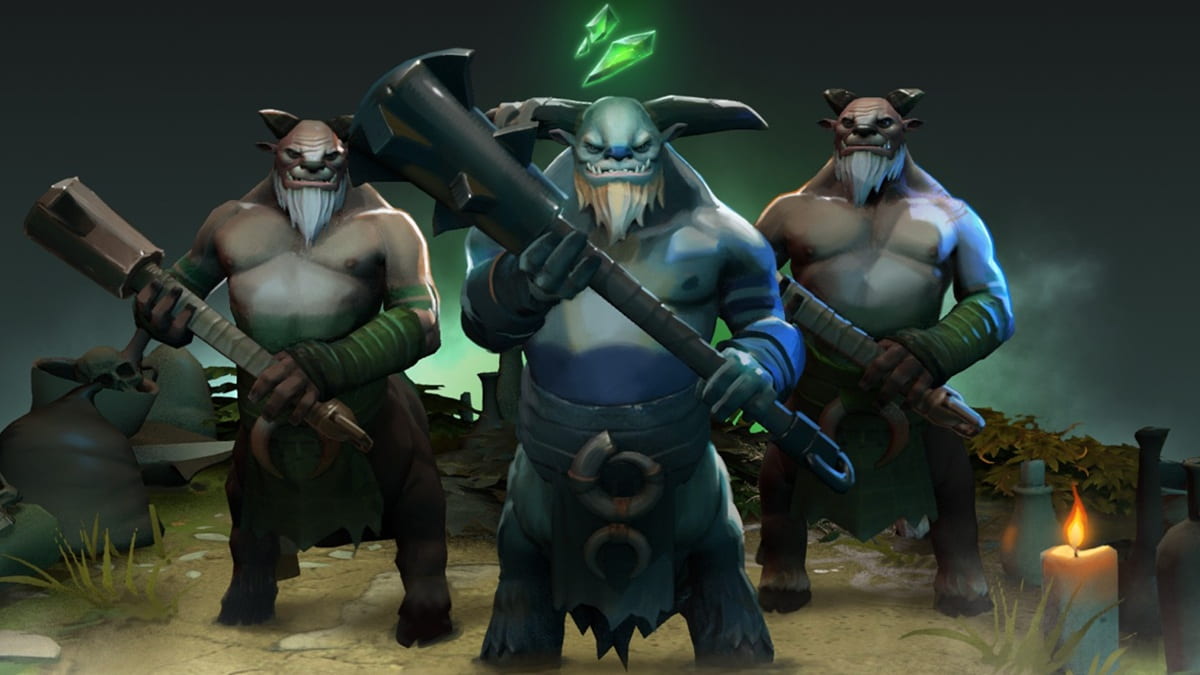
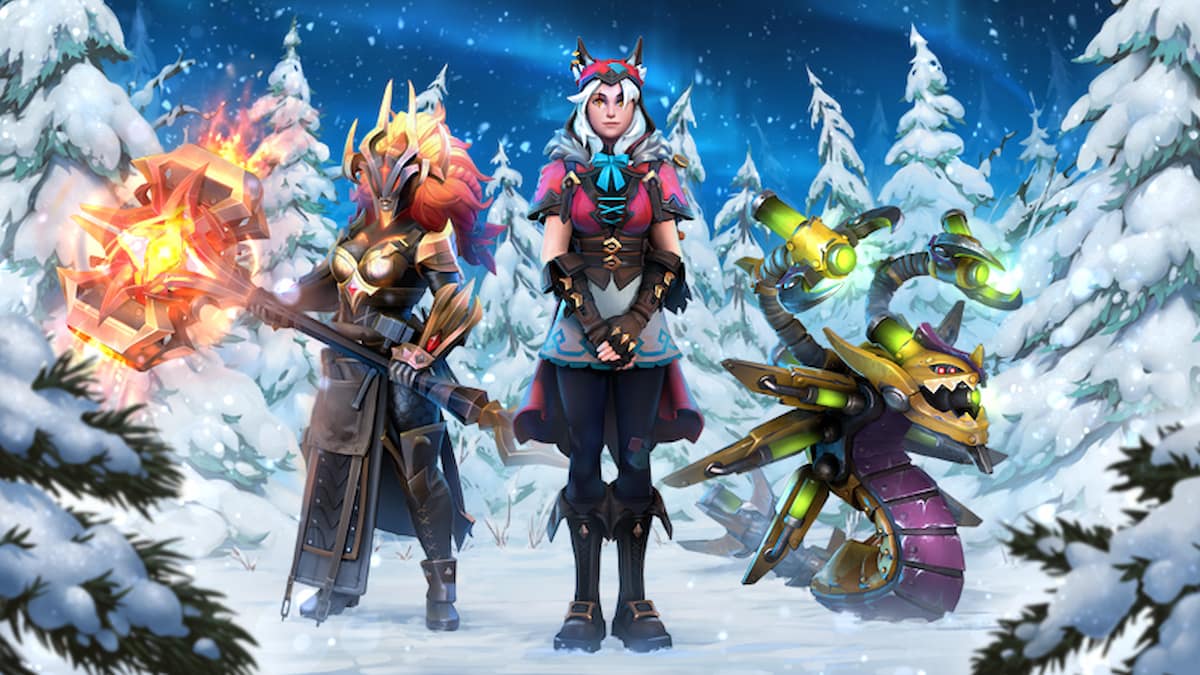

Published: Jul 16, 2023 10:40 am